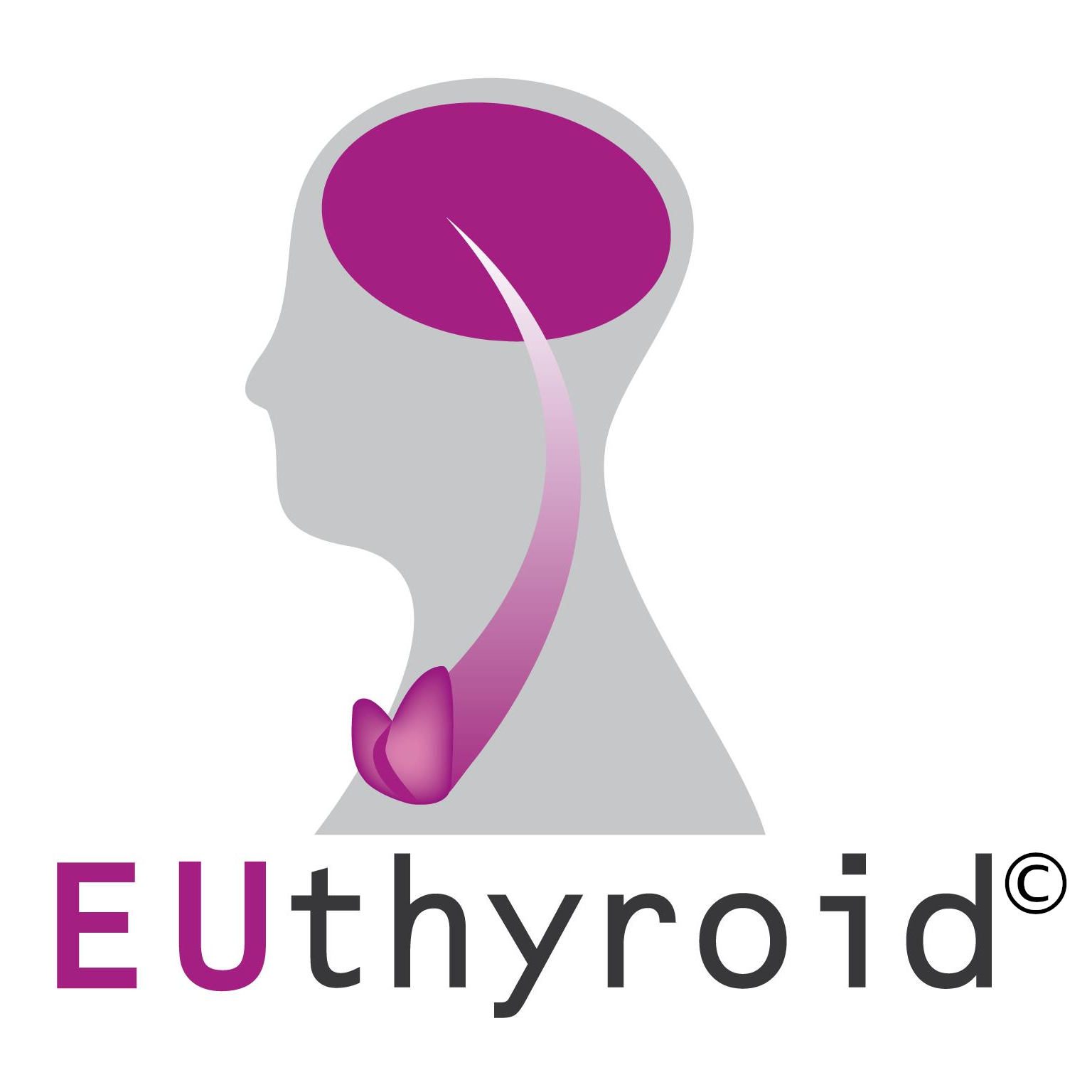In general, IDD prevention is very simple, universally effective, easy and cheap through the iodisation of salt or other staple foods such as bread. Therefore, EUthyroid works under the presumption that a detailed evaluation of existing monitoring and prevention programmes as well as extensive research into potential health outcomes will provide evidence for these programmes to be efficient and cost-effective. Europe would benefit from harmonised monitoring of iodine status and countries could tailor their prevention programmes to the local situation.
By optimising IDD prevention and monitoring, EUthyroid will in the long run:
- Reduce the prevalence and incidence of thyroid diseases
- Reduce the societal burden of thyroid diseases
- Increase the intellectual capacity of Europeans
Currently, EUthyroid has already achieved the establishment of:
- A joint European database for outcome data related to iodine status from national/regional registry
- Web-based training and certification tools for harmonised monitoring of iodine status
- Infrastructure of the data transfer unit.

